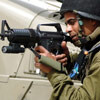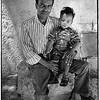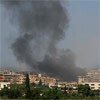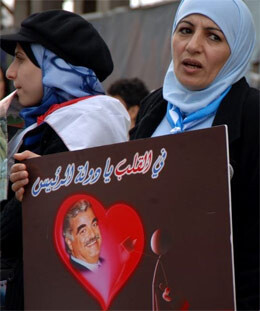
Wilful Killing of 72-Year-Old Civilian by Israeli Forces in Hebron
7 June 2007
At approximately 12:20 am on Wednesday, 6 June 2007, a large Israeli military force, comprising at least 50 soldiers, came to the house of Yehia al-Jabari. Yehia, who was 72-years-old, lived with his family in a two-storey house in the B’er Haram area of Hebron city. Upon opening the front door of the house to the soldiers, Rajih al-Jabari, the 26-year-old son of Yehia, was dragged outside. Without any warning or justification, the Israeli soldiers began to beat Rajih, violently hitting his head against the wall of the house. Read more about Wilful Killing of 72-Year-Old Civilian by Israeli Forces in Hebron








